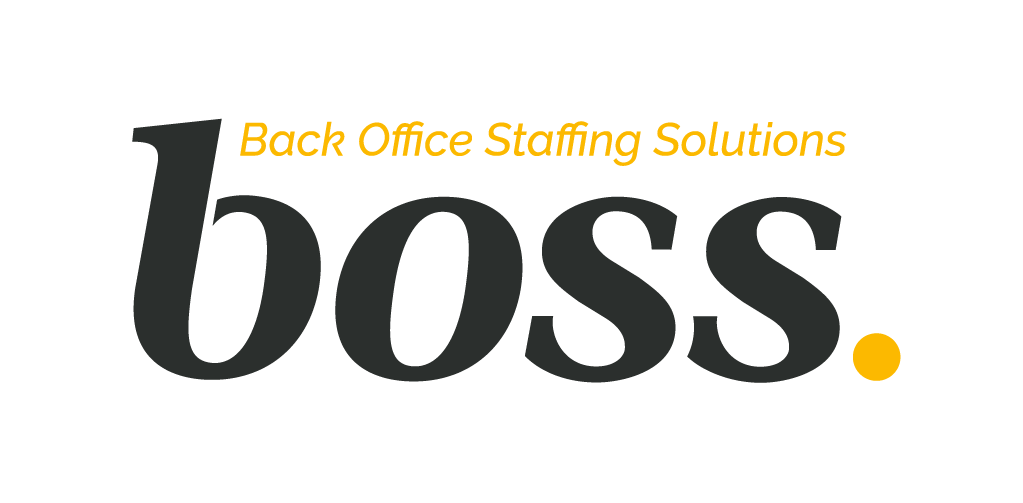Are your 1099 Contractors compliant?

It’s tempting to simply categorize a contractor as a 1099 worker since the level of administration of that worker is much simpler. No taxes, workers compensation insurance, or deductions of any kind to be concerned with. But are you sure you are in compliance? Is it worth the risk? Major fines could be at stake.
The IRS developed the 20-Factor Test to help employers evaluate whether a worker is an employee or an independent contractor:
1. Instructions
Is the worker required to comply with employer’s instructions about when, where, and how to work?
2. Training
Is training required? Does the worker receive training from or at the direction of the employer, includes attending meetings and working with experienced employees?
3. Integration
Does the success of the business significantly depend upon the performance of the worker?
4. Services Rendered Personally
Is the worker required to perform the work personally?
5. Authority
Does the worker have the ability to hire, supervise and pay assistants for the employer?
6. Continuing Relationship
Does the worker have a continuing relationship with the employer?
7. Set Hours of Work
Is the worker required to follow set hours of work?
8. Full-Time Work Required
Does the worker work full-time for the employer?
9. Place of Work
Does the worker perform work on the employer’s premises, using company equipment?
10. Sequence of Work
Does the worker perform work in a sequence / schedule set by the employer?
11. Reporting Obligations
Does the worker submit regular written or oral reports to the employer?
12. Method of Payment
Does the worker receive payments of regular amounts at set intervals?
13. Payment of Business and Travel Expenses
Does the worker receive payment for business and travel expenses?
14. Furnishing of Tools & Materials
Does the worker rely on the employer for tools and materials?
15. Investment
Has the worker made an investment in the facilities or equipment used to perform services?
16. Risk of Loss
Is the payment made to the worker on a fixed basis regardless of profitability or loss?
17. Working for Multiple Companies
Does the worker only work for one employer at a time?
18. Availability
Are the services offered to the employer unavailable to the general public?
19. Right to Discharge
Can the worker be fired by the employer?
20. Right to Quit
Can the worker quit work at any time without liability?
No single factor determines your worker’s status. The main critical factors to focus on is who has the right to control the work, and determines when and how it is completed. For workers with many “yes” answers, we recommend employers pursue an IRS ruling. Employers and workers should file Form SS-8 (Determination of Employee Work Status for Purposes of Federal Employment Taxes and Income Tax Withholding) to get an official determination from the IRS.
